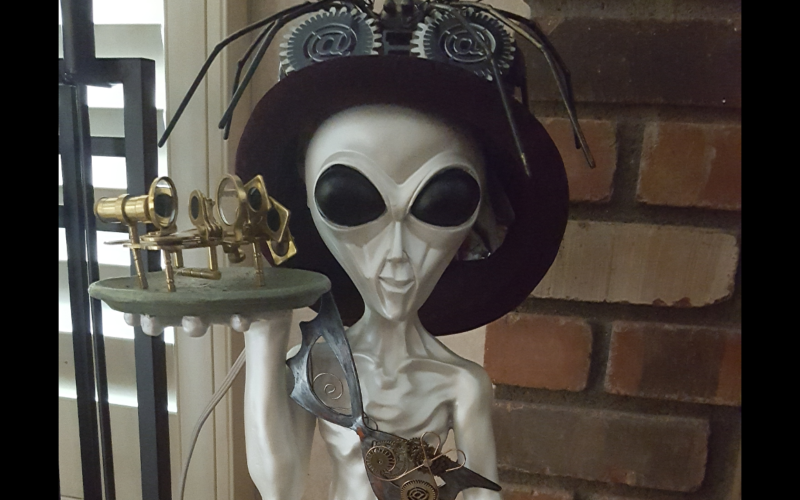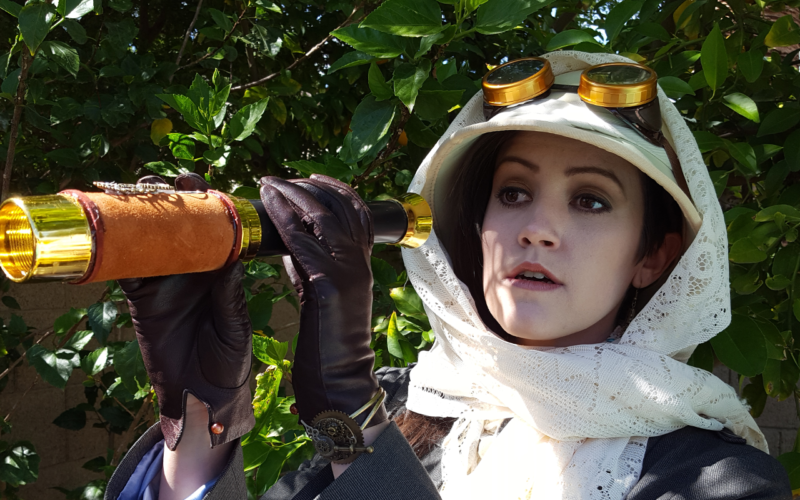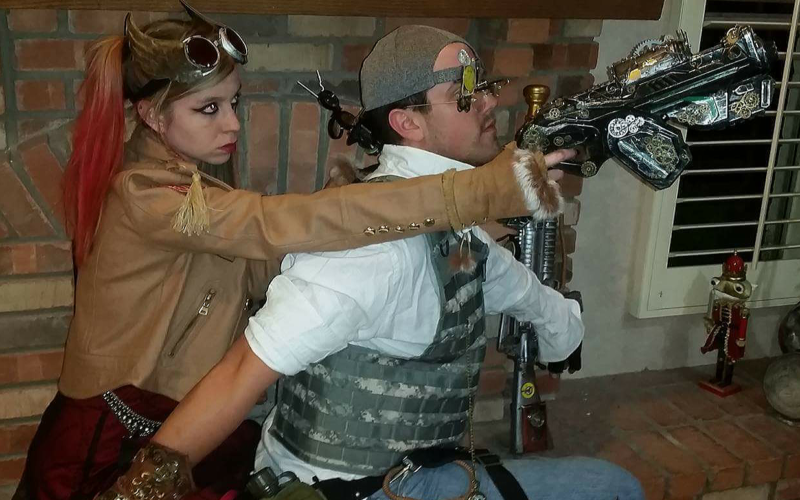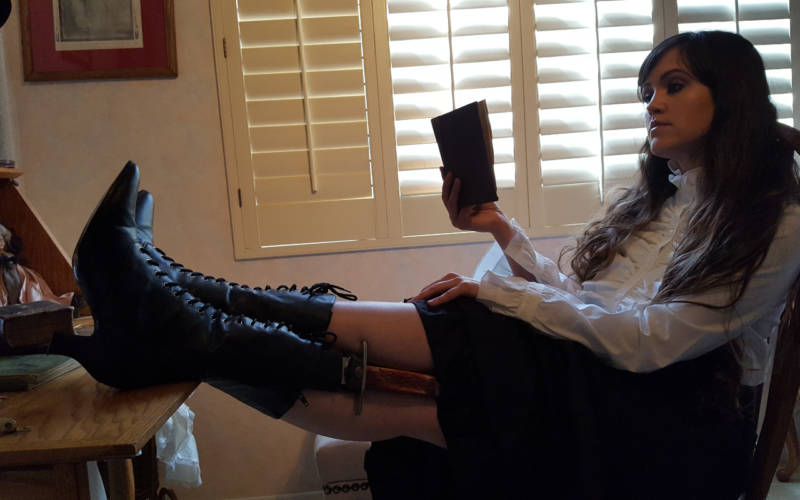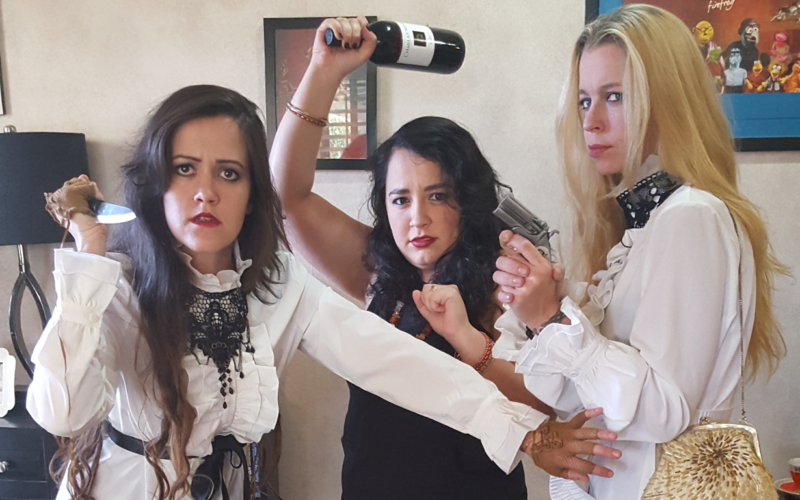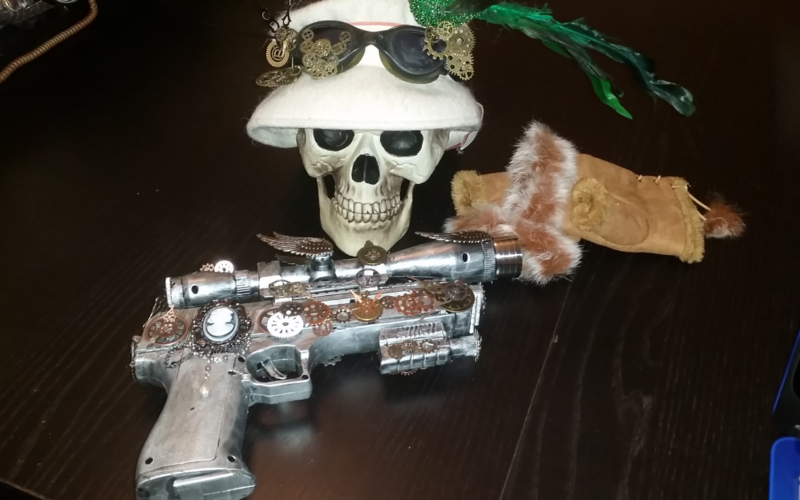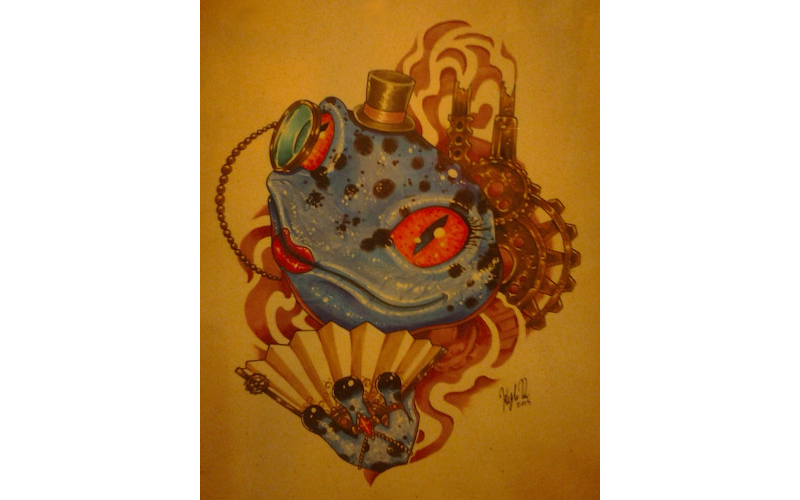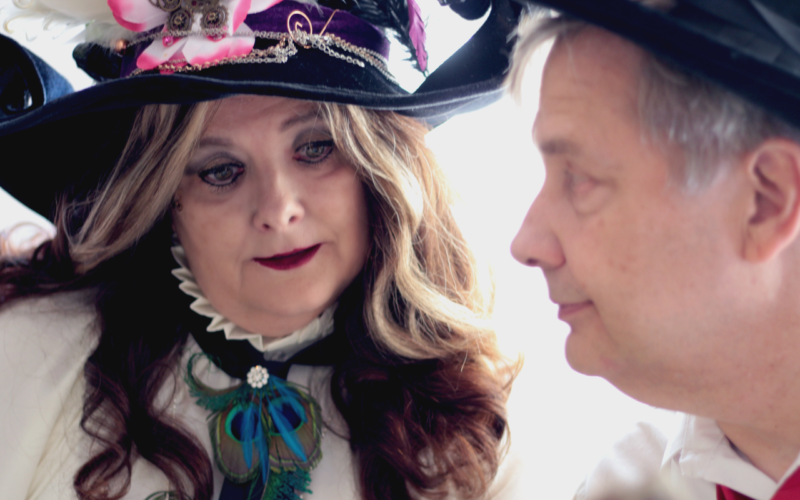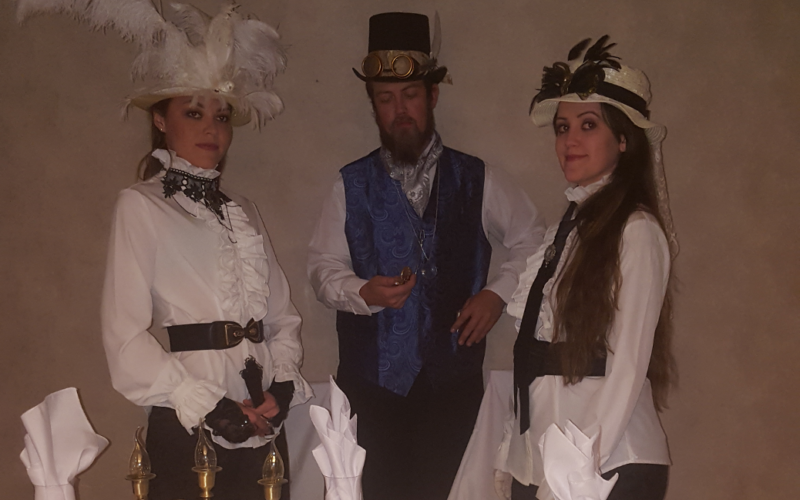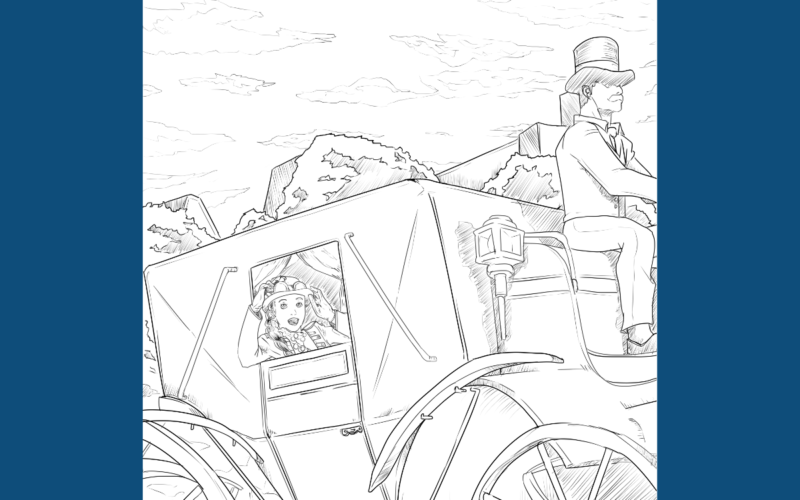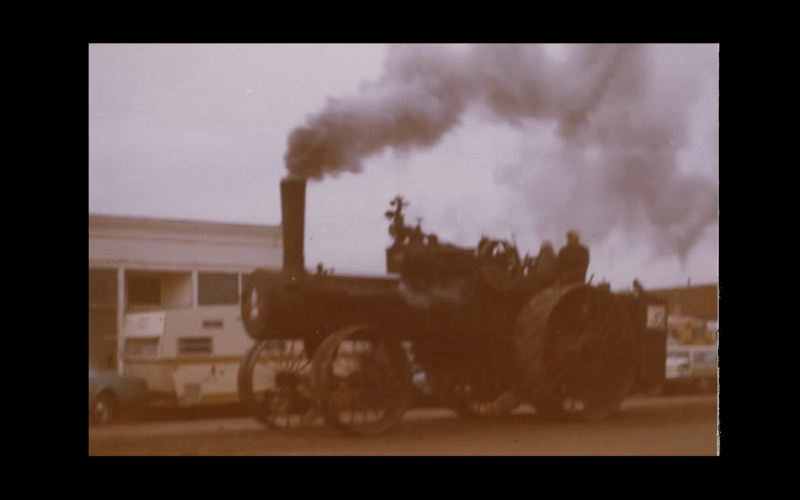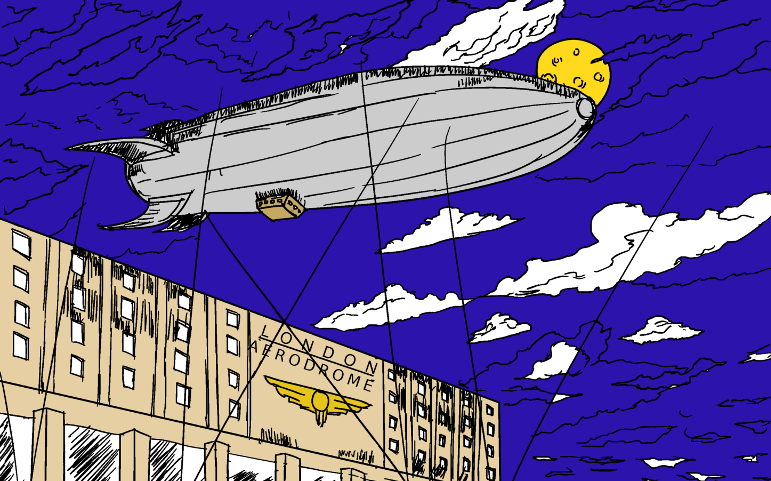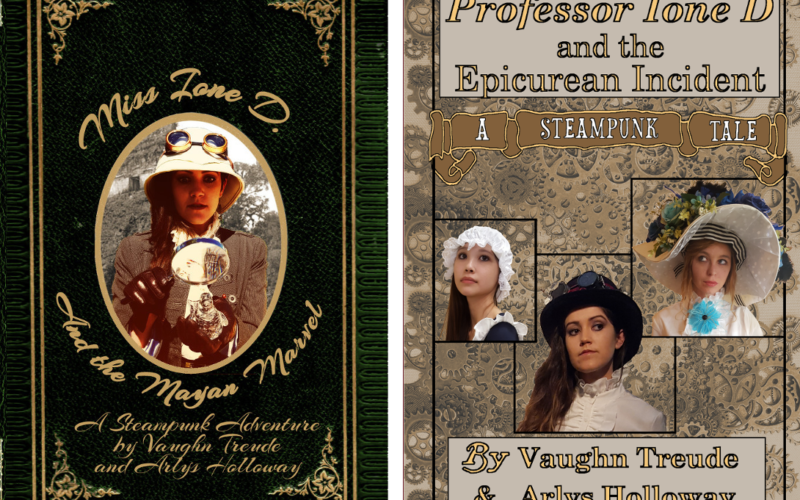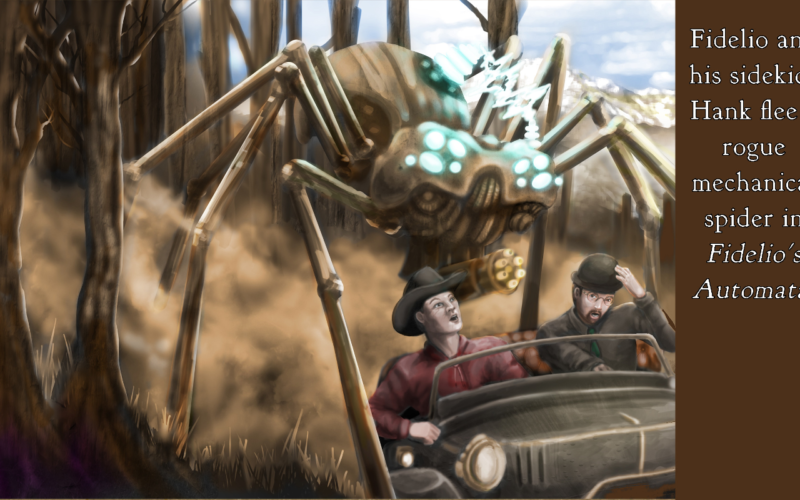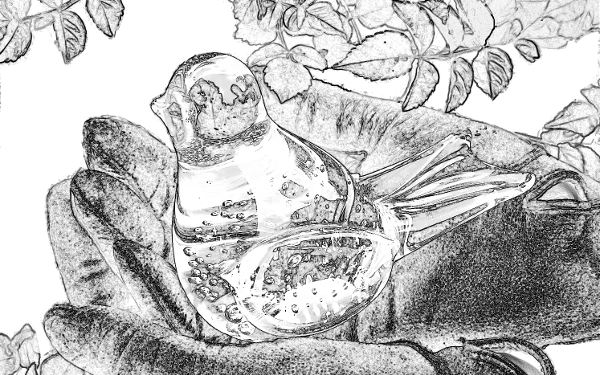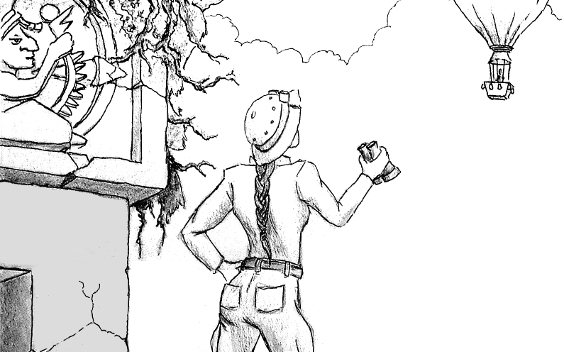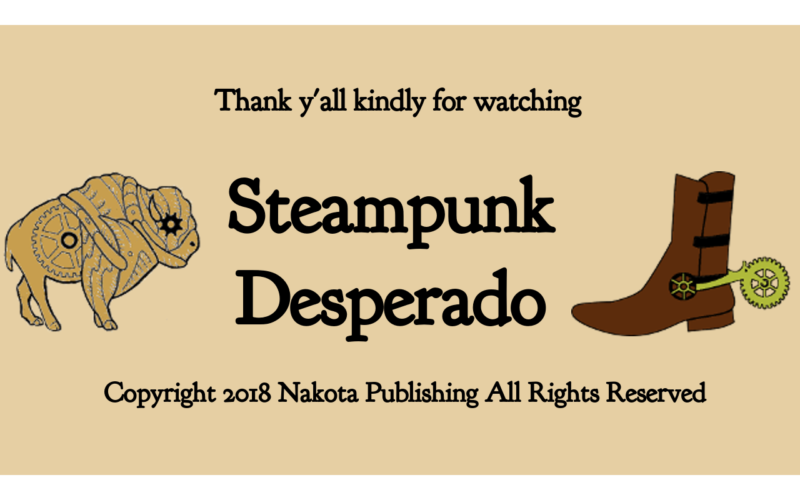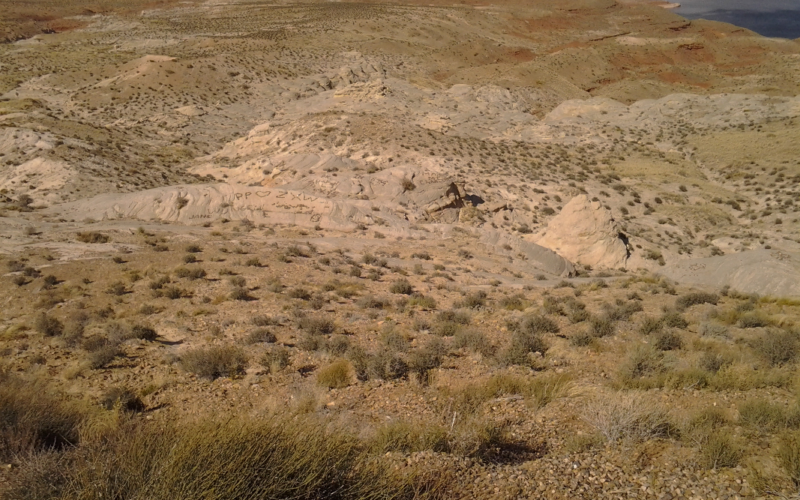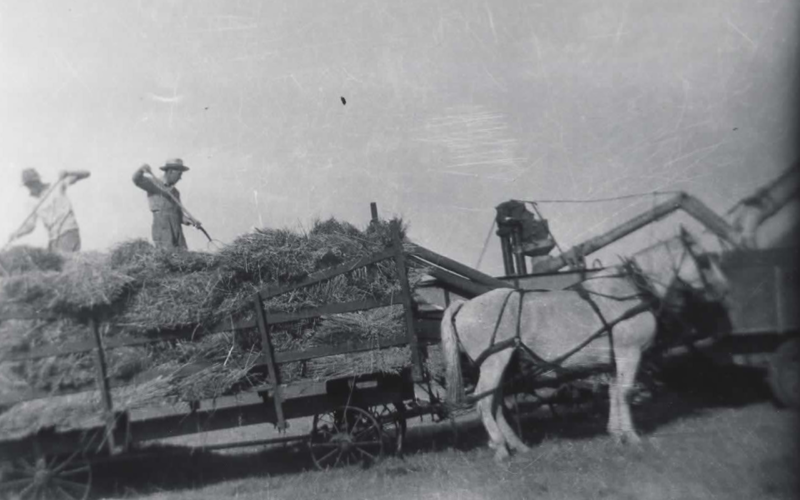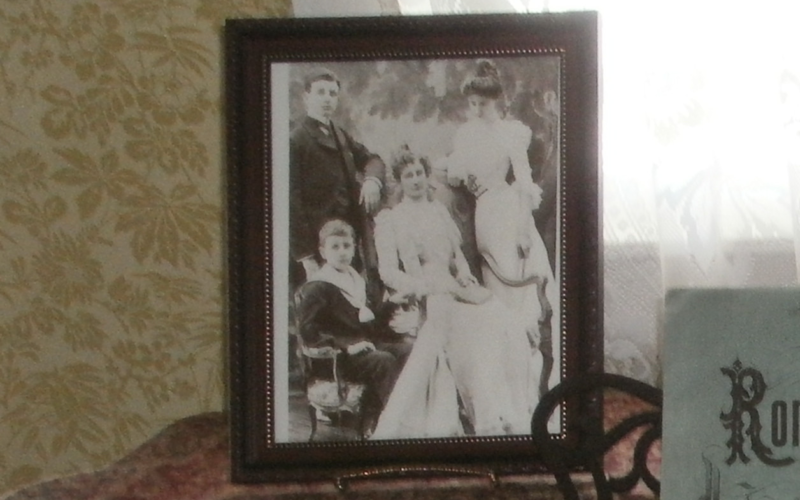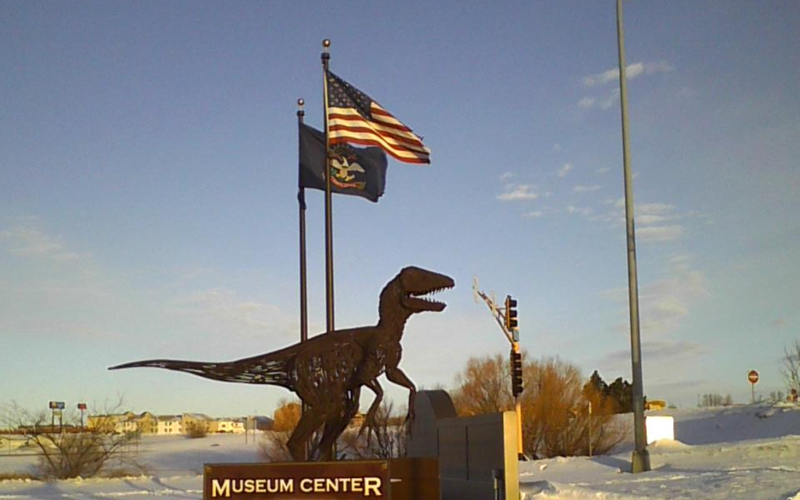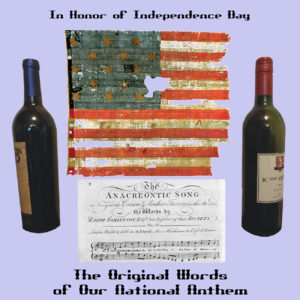
Since “The Star-Spangled Banner” has been at the center of controversy in recent years, I thought it appropriate to reuse and update an article I wrote a few years back. Most people know (I hope) that Francis Scott Key wrote the lyrics over 200 years ago during the War of 1812. Few people know that the melody is a popular English drinking song written by John Stafford Smith and Ralph Tomlinson in the 1700’s. I did a web search and found those original words – which you can see later in this article.
Responding to public outrage over the “take a knee” protests at NFL football games, certain social-justice types decided to turn the tables on the anthem itself. They noted that the song’s seldom-heard third verse mentions the blood of “the hireling and slave” and interpreted those words as racist. Supposedly this celebrates the death of American slaves who were supporting the British. I don’t, however, see Key’s words as motivated by race. Rather, he was decrying the fact that they’d joined the enemy.
In fact, “The Star Spangled Banner” was controversial at the time of its official adoption in 1931. People didn’t like that the melody was difficult to sing, with a range of an octave and a fifth. More signficantly, its lyrics celebrated militarism. At that time, Americans remembered the horrors of the Great War and Woodrow Wilson’s draft that forced young men to fight and die on foreign soil. The public mood in the 1930’s was predominantly pro-peace and opposed to foreign adventurism.
Those who learned their official US history back in school may recall that the War of 1812 was the war in which the British attacked Washington, DC, and burned the White House. Some said the Brits started the war by kidnapping American sailors and forcing them into the Royal Navy. Yet the Americans weren’t completely innocent in this matter. One of the reasons for the American declaration of war was the desire of Congressmen known as “War Hawks” to conquer the British colony of Canada (present-day Ontario and Quebec.) Though the war failed in this respect, it did give rise to a pretty amazing song – I refer, of course to “The Battle of New Orleans” by Jimmy Driftwood.
All kidding aside, at the time of its adoption, “The Star Spangled Banner” was not many people’s first choice. President Wilson had declared it as the anthem of the U.S. armed forces in 1917, which associated it with Wilson’s bloody and unnecessary war. Many people preferred the more peaceful song “America the Beautiful,” based on a poem by Katherine Lee Bates and music by Samuel Augustus Ward. Another contender was “America (My Country, ‘Tis of Thee)” by Rev. Samuel F. Smith. Unfortunately, that one has the same tune as “God Save the Queen” which would have made Olympic medal ceremonies quite confusing.
As I said before, I don’t see “The Star Spangled Banner” as racist, but it is most certainly militaristic, and militarism has served our country rather poorly in the last 70 years. Since the end of World War II, many thousands of Americans have died in undeclared wars. We have little to show for their sacrifice unless you believe that the Koreans, Vietnamese, Afghans or Iraqis were capable of conquering and enslaving us. Therefore, I prefer the original words of the song, “Anacreon in Heaven.”
The song’s creators were members of a London men’s club called the “Anacreon Society.” Anacreon was a poet from classical Greece whose works extolled the virtues of “wine, women, and song.” As such these words are quite appropriate for beer-loving Americans such as me. As the French writer Alexis de Tocqueville observed in 1835, “the drinking population constitutes the majority in your country, and that temperance is somewhat unpopular.” Here without further ado is the first verse of the famous “Anacreon in Heaven”:
ANACREONTIC SONG
as Sung at the Crown and Anchor Tavern in the Strand
Words by Ralph Tomlinson, music by John Stafford Smith
To Anacreon in Heav’n, where he sat in full glee,
A few sons of harmony sent a petition,
That he their Inspirer and patron wou’d be;
When this answer arriv’d from the jolly old Grecian
“Voice, fiddle, and flute,
“No longer be mute,
“I’ll lend you my name and inspire you to boot,
“And, besides, I’ll instruct you like me, to intwine
“The myrtle of Venus with Bacchus’s vine.”
See full lyrics at http://www.potw.org/archive/potw234.html
Hear it sung at https://www.youtube.com/watch?v=ydAIdVKv84g
I’d like to close this article by wishing everyone a happy and safe Independence Day, especially concerning the drinking part. Here’s to the Land of the More-or-Less Free and the Home of the Occasionally Brave!
Other references:
https://en.wikipedia.org/wiki/The_Star-Spangled_Banner
http://holyjoe.org/poetry/key.htm
http://www.gutenberg.org/files/815/815-h/815-h.htm
https://www.theroot.com/star-spangled-bigotry-the-hidden-racist-history-of-the-1790855893
Fort McHenry flag image is from https://amhistory.si.edu/starspangledbanner/
Sheet music image is from http://christmas44.com/image-24_Anacreon_anacreontic-song-sheet-music_4.html

